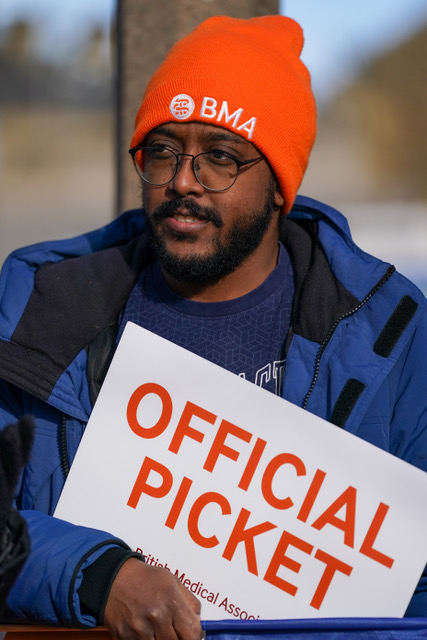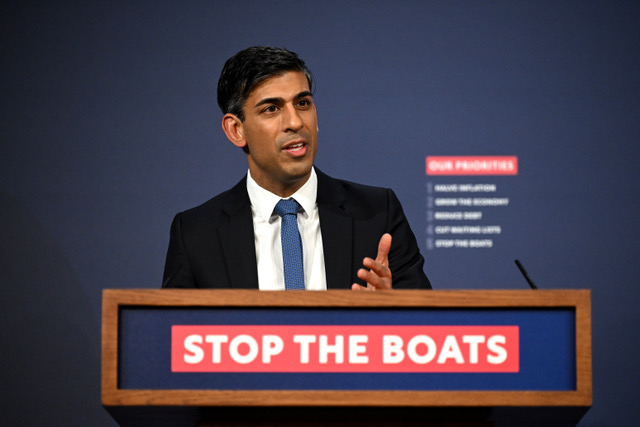UK Prime Minister, Rishi Sunak, announced Thursday 13th July, that he has accepted the recommendations of the Independent Pay Review Body and will be giving public sector workers a 6% pay rise. The government expressed hopes that this announcement will end many months of debilitating strikes, which have crippled the health service and hugely undermined the delivery of education in our schools and colleges. Most of the Unions representing the public sector – the police, teachers, nurses and other health workers, have or at least have recommended that their members accept the awards, although junior doctors are intending to continue their planned strike actions with an unprecedented 5 day strike planned for next week.

Sunak boldy announced the end of strikes across the board at a press conference in Downing Street. He said:
‘Teachers will return to the classroom, disruption to our children’s education will end’
The pay award will not be paid from increased taxes or borrowing
However, the Prime Minister was quick to point out that the additional 3% (the amount above the 3% the government had budgeted for), would not be paid from taxes or borrowing, both of which would serve to boost inflation. He was remarkably candid in pronouncing that a significant proportion of the government’s shortfall – between £1 and 2 billion, would be raised from the introduction of an additional ‘immigration surcharge’, the amount charged by non-native residents to access healthcare through the NHS as well as additional charges for foreign nationals seeking visas. Addressing the press conference, the Prime Minister said:
‘If we’re going to prioritise paying public sector workers more, that money has to come from somewhere else because I’m not prepared to put up people’s taxes and I don’t think it would be responsible or right to borrow more because that would just make inflation worse’
The new charges will effectively be a charge for overseas workers/migrants from abroad who come to the UK to work – a move calculated to be popular among traditional conservative party voters. It will see upward adjustments to:
· The Immigration Heath Surcharge fee (IHS) (currently mandatory for all non settled residents), which will almost double with an increase from £624 to £1,035 per year.
· The discounted IHS for students/children/youth mobility applicants will almost double with an increase from £470 to £776 annually
· All work and visit visa application fees which are to rise by 15%
· There will be a 20% rise in application fees for student visas, certificates of sponsorship, settlement, citizenship, entry clearance and leave to remain applications
Organisations heavily dependent upon migrant workers, will see a massive increase in employer costs and will face increasing difficulties recruiting staff from overseas.
A migrant family of four could face a £33,000 bill
According to lawyers at Garden Court Chambers in London, the real terms cash implication from these changes means that for an average migrant family arriving in the UK for work or study purposes, the cost of a settlement application is likely to now rise to at least £2,885 per person. This means that for a family of four, this will represent an expenditure of at least £11,500. They will also need to pay circa £15,000 in immigration health surcharge costs. Their visa fees will also likely exceed £6,200. They are likely also to have been required to pay for additional services from the Home Office as well as legal fees to help navigate the complex regulations. All in all, the average migrant family under the new regime, will be expected to foot a bill in excess of £33,000.
Doctors in Unite Union ‘appalled’ by government’s decision, which they say is ‘immoral and divisive’
‘Doctors in Unite Union’ which represents junior doctors, general practitioners and hospital consultants, expressed outrage at the announced increased charges, saying they were ‘appalled’ by the move, which will se migrants pay double to use the NHS. A spokesperson for the union said:
‘Just like other workers, migrants contribute to NHS funding through general taxation. Doubling the NHS surcharge to over £1,200 per year is an unjust additional penalty… Migrants are effectively ‘taxed twice’ to access the same service’ They added that the charges were ‘immoral and divisive’
Many in the services and hospitality industry, including the struggling UK curry industry, regard the move as yet another nail in the coffin of their struggling businesses, which are especially dependent on overseas workers. They argue that the difficulties already faced in the aftermath of covid, the food supply shortages, the cost of living crisis and staff shortages, will be compounded as a result of the new excessive fees. They believe that the fees could worsen under-staffing in many sectors, and prompt high-skilled workers and students to go elsewhere.
The refugee charity, Praxis, said the government was treating migrants and refuges as ‘cash cows’, and that it completely ignores the reality of the financial difficulties already faced by refugees and migrants to the UK.












